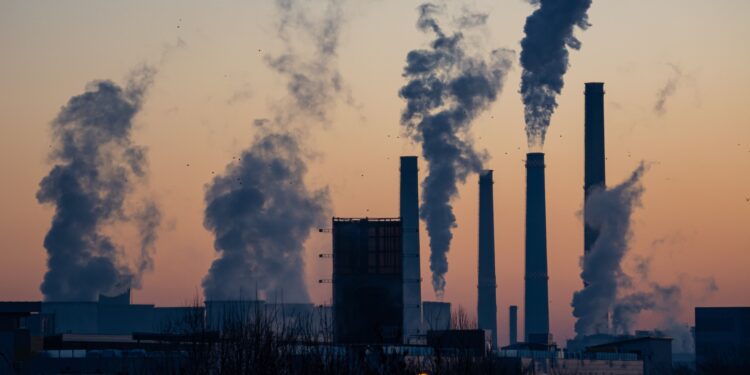As the world grapples with the challenges of rapid industrialization and urbanization, pollution has become a looming threat to our planet. The alarming increase in pollution levels is a cause for concern, as it poses significant risks to human health, the environment, and the delicate balance of ecosystems. In this article, we will delve into the causes of pollution and discuss the importance of adopting safety measures to mitigate its impact on the current situation of the world.
One of the major causes of pollution is anthropogenic activities. The relentless burning of fossil fuels, such as coal, oil, and natural gas, releases harmful greenhouse gases, including carbon dioxide, into the atmosphere. These gases trap heat in the Earth’s atmosphere, leading to global warming and climate change. Additionally, transportation emissions, industrial processes, and deforestation further contribute to air pollution.
Water pollution is another grave concern in today’s world. The discharge of untreated industrial effluents and sewage into rivers and other water bodies contaminates the water, making it unfit for human consumption and harmful to aquatic life. Agricultural runoff containing pesticides, fertilizers, and chemicals also finds its way into water bodies, leading to eutrophication and the destruction of ecosystems.
Moreover, improper waste disposal and rampant plastic usage have resulted in the accumulation of waste in landfills and oceans. Plastic pollution, in particular, has emerged as a major environmental issue, as it takes thousands of years to decompose. The detrimental effects of plastic pollution on marine life, such as entanglement and ingestion, are well-documented.
To address the current situation of pollution, it is imperative to prioritize safety measures and adopt sustainable practices. Governments and industries must work hand-in-hand to enact stringent regulations and promote the use of clean technologies. Investing in renewable energy sources, such as solar and wind power, can significantly reduce greenhouse gas emissions and mitigate the impacts of climate change.
Furthermore, individuals play a crucial role in combating pollution. Simple lifestyle changes, such as reducing energy consumption, recycling, and using public transportation, can make a substantial difference. Promoting awareness campaigns and education about the detrimental effects of pollution can also foster a sense of responsibility towards the environment.
Moreover, implementing effective waste management strategies, including recycling, composting, and reducing single-use plastic, is vital to curbing pollution. Governments should invest in waste treatment facilities and encourage citizens to separate their waste to ensure proper disposal.
Additionally, preserving and restoring natural ecosystems are pivotal in combating pollution. Forests act as natural carbon sinks, absorbing carbon dioxide, and regulating climate patterns. Ensuring the protection of our forests and promoting afforestation initiatives can help combat climate change and mitigate pollution.
In conclusion, pollution is a pressing global issue that demands immediate attention. The causes of pollution range from industrial emissions to improper waste management. To tackle this crisis, it is crucial to prioritize safety measures and adopt sustainable practices. Governments, industries, and individuals must collaborate and take responsibility for their actions. The protection of the environment and the promotion of a sustainable future lie in our hands. Let us strive towards a pollution-free world for the sake of our collective well-being.












